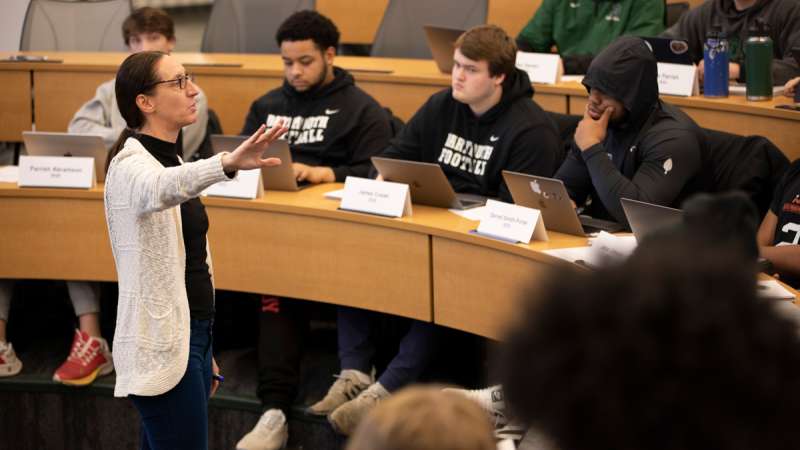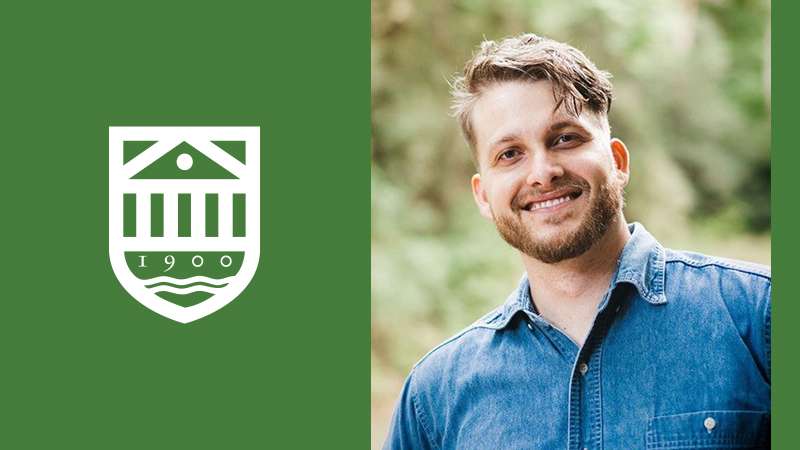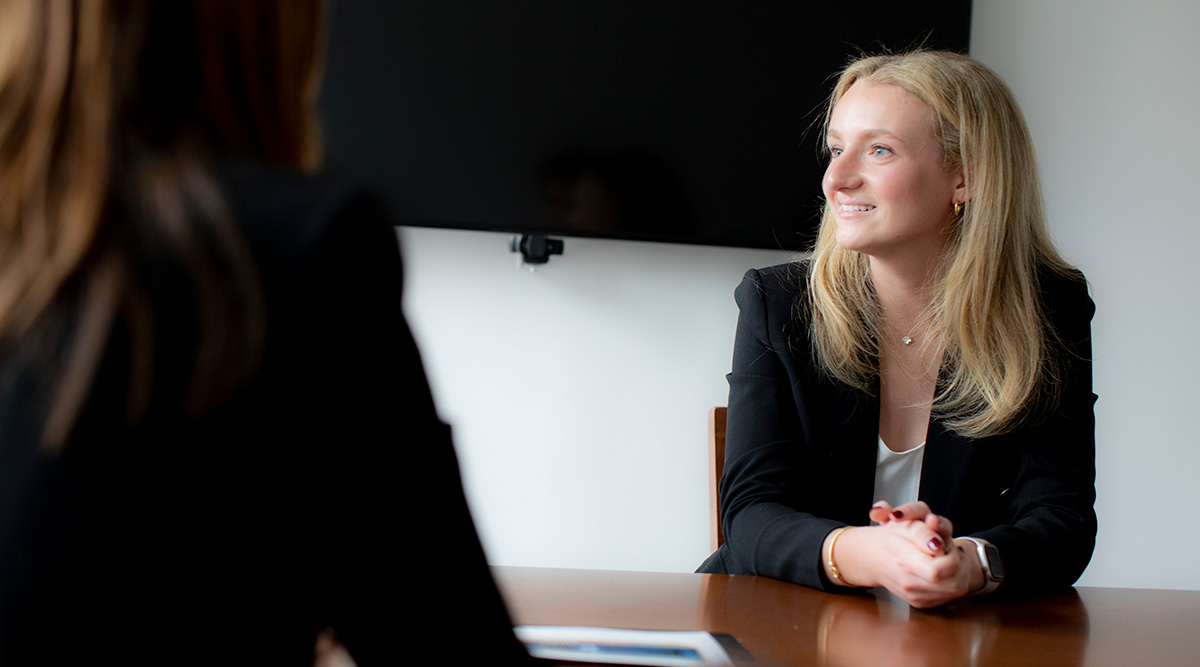
From Google to Bank of America: Tuck Business Bridge Alumni Share Their Career Journeys
The Tuck Business Bridge Program is a three-week intensive designed to help liberal arts and STEM students gain the business and networking skills they need to succeed in the workplace.
We sat down with three Bridge alumni to see what they’re up to now, why they chose to attend Bridge, and how they’re continuing to utilize skills from the program.
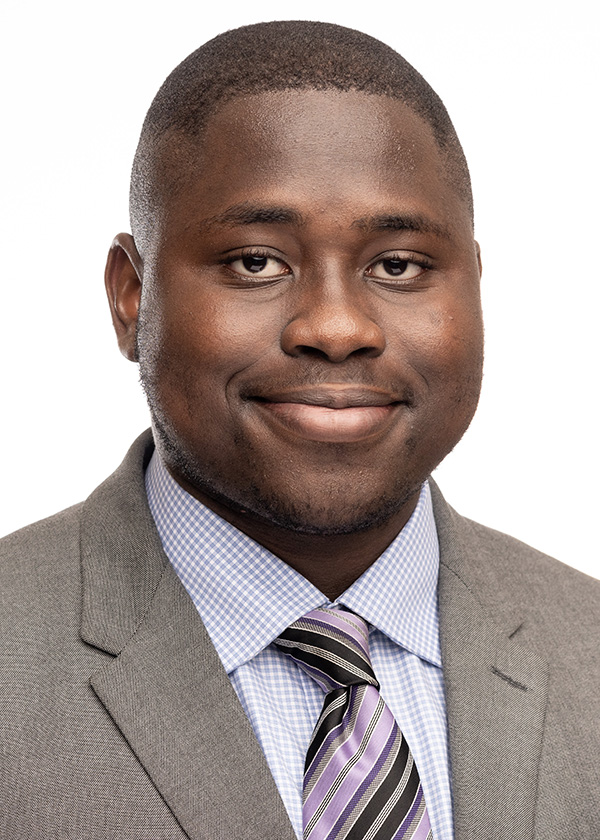
Louis Okon Bridge’22
Investment Banking Analyst Intern, Bank of America
Why was it important to you to attend the Tuck Business Bridge program? What skills were you trying to round out?
Attending the Business Bridge program was essential for me for several reasons. Firstly, when I moved tothe U.S. as an international student, I developed an interest in high finance, particularly investment banking. I attended a great university in Kentucky called Centre College, but being a liberal arts college, I felt the need to gain further exposure to specific concepts in a classroom environment.
I was also really interested in experiencing the Dartmouth campus and exploring the Northeast in the non-New York/Boston setting that I was accustomed to. Fun fact: I saw a deer when I looked out of my dorm window, and that was very exciting!
And lastly, and perhaps most importantly for someone who had just moved across the Atlantic, I was able to make connections with students from other schools across the country—I even made a friend who goes to West Point—unreal.
What was the highlight of your Tuck Bridge experience?
The most memorable moment during my time at Tuck Bridge was undoubtedly the overwhelming support I received upon returning from my Bank of America superday interview in New York. Just to provide some context, I had to briefly leave the program to attend this critical interview in the city. Before the interview, my Tuck Bridge friends rallied around me, helping me prepare as if they were in my shoes. When I got back, their level of anxiety matched mine as we all eagerly awaited that HR call. In under three weeks, I had forged such deep connections, and I owe a lot to Tuck Bridge for facilitating these lasting relationships. Even today, we continue to support each other in our journeys.
Thinking back to my superday technical interview now, when explaining certain concepts, I did not have to explain them theoretically. I just had to speak about the Capstone project for ShakeShack that my team was doing. It was easy to speak about all parts of the company and industry, making it easier for me and the interviewer because the conversation was not up in the clouds.
Tell us about your role today. What have you been up to since Bridge?
Looking back from where I am today, I’m currently gearing up for my junior year starting with the fall semester abroad at the University of Reading in England. This past summer, I was fortunate enough to intern with Bank of America’s Investment Banking Division. Interestingly, there was another Tuck Bridge alumnus in my intern class, though he was a junior while I was a sophomore. Next summer, I’m eagerly anticipating my return to the Bank. Throughout the summer in NYC, my Tuck Bridge friends and I also met up very frequently.
Is there a specific lesson or skill you learned in Bridge that you utilize in your role today?
Tuck Bridge imparted a wealth of knowledge, including the ability to discuss topics like DCFs, valuation, and even the fast-casual industry with a level of cautious confidence. Whenever I encounter a challenge, I often refer back to the Capstone model and the materials from our various modules. However, what truly stands out for me are the interpersonal skills I honed at Tuck Bridge and the enduring support I received from my summer family.
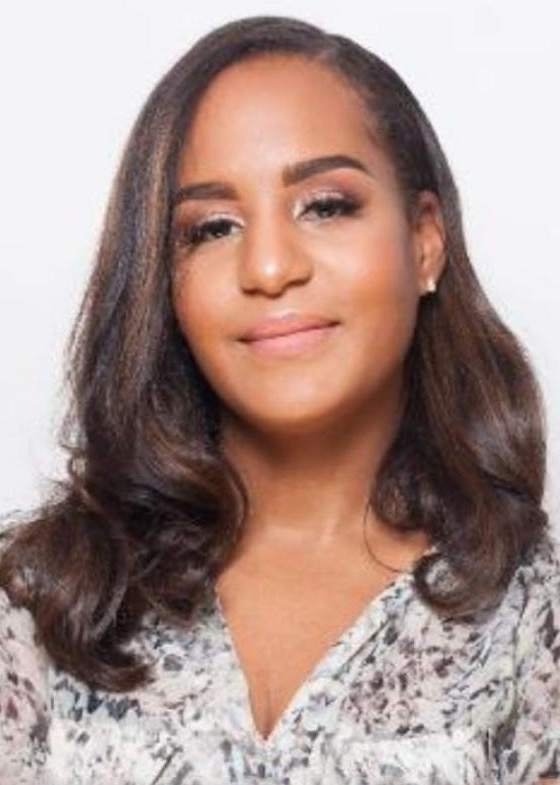
Jana Landon D’11, Bridge’11
People Consultant (HRBP), Google
Why was it important to you to attend the Tuck Business Bridge program? What skills were you trying to round out?
I really wanted to get a better understanding of what business school would be like. I had started out pre-med at Dartmouth and when I decided against that, business school started coming up more in conversations about my future. I was fortunate to meet faculty and staff from Tuck being a Dartmouth undergrad (Paul Doscher, Dia Draper, and Ella Bell to be exact) and I didn’t want to pass up the opportunity to get this hands-on exposure to business school.
What was a highlight of your Tuck Bridge experience?
The final valuation project. I learned so much by researching and putting together our presentation. I felt really accomplished giving that presentation with my group to a panel of industry professionals and my family cheering on in the audience. It’s definitely something I couldn’t have done before Bridge and I think it’s a great note to end on to underscore how much you’ve learned and grown through the program.
Tell us about your role today. What have you been up to since Bridge?
I’m probably an anomaly but I’ve been at Google ever since Bridge. I celebrated 12 years this past August. I’ve been in People Operations (HR) the entire time, but I’ve been on six teams in that time. I’ve been a health and wellness analyst for Benefits, a recruiter and program manager for diversity-focused student outreach programs, a partnership manager for organizations like Black Girls CODE and many Historically Black Colleges and Universities (HBCUs), and I’m currently an HR business partner supporting our Devices & Services organization. It’s my job to support Googlers in the moments that matter, help managers build their capabilities, land important organizational changes, and handle any people-related problems or opportunities that come across my desk.
Is there a specific lesson or skill you learned in Bridge that you utilize in your role today?
Two things. First, Bridge deepened my collaboration skills and gave a sneak peek of workplace collaboration. Of course, I had done group projects and activities at Dartmouth where I had to work with people I’d never met, but with Bridge, you’re all strangers from different schools, with different interests, who must get to know each other very quickly and support each other to succeed on tough group projects.
So much of my role today is about helping teams, including my own, find compromises, try to make sure everyone feels included, and lean on each other’s different strengths. To that end, the second skill is that I learned to lean into my unique strengths. Not having a background in economics or finance, I felt a little out of my league starting Bridge, but the people skills I had through my leadership and HR experiences were very helpful with our group’s dynamics and making sure we worked together effectively.
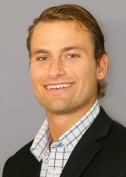
Austin Frank Bridge’15
MBA Candidate, Northwestern; Sustainability Strategy Summer Associate, Peloton Interactive
Why was it important to you to attend the Tuck Business Bridge program? What skills were you trying to round out?
It was important for me because I wanted to understand what part of business I enjoyed, and Tuck Bridge offered classes in a variety of disciplines to explore this—from corporate finance to marketing.
In terms of skills, I wanted to develop my general business acumen. Until that point in my college career, I did not have a good sense of what went on behind the curtain at large corporations—what their priorities were and how they were strategizing to implement those priorities. Taking a wide range of classes gave me some flavor of what priorities and initiatives companies think about, especially in a contemporary context.
What was a highlight of your Tuck Bridge experience?
The highlight was the final project. Being able to tie together research into a valuation, substantiating our reasoning, and presenting it to real investors was a differentiator throughout my interview process. The final project was something I could constantly reference and weave into my interview “stories.”
Tell us about your role today. What have you been up to since Bridge?
Right now, I am in my second year of my MBA at Kellogg. This summer, I interned at Peloton as a sustainability strategy intern. Since high school, I have been interested in sustainability, and more recently, how it intersects with the private sector. Peloton is one of the many public companies that is beginning to account for, report, and reduce its carbon emissions—and I had the privilege of advancing that initiative this summer.
I am also currently working as an MBA Associate for Buoyant Ventures, an early-stage venture firm focused on early-stage climate software. I have spent much of my time sourcing companies and researching climate risk intelligence, a growing area of interest for climate-focused VCs.
Is there a specific lesson or skill you learned in Bridge that you utilize in your role today?
I learned two important skills at Tuck Bridge—one hard skill and one soft skill. The hard skill was spreadsheet modeling: most of my work over my career has a large component of data analysis, modeling, or maintenance. My ability to be efficient and organized in Excel has paid dividends.
I was also able to refine my teamwork skills. As someone who grew up playing sports in high school and college, I thought I was well-equipped to work in a group—I am a positive individual who is happy to support the team wherever necessary. However, when you’re working in a team where no one has expertise in the task at hand (i.e. running a valuation of a public company), then everyone is put to the test to not only learn for themselves but also to bring others in the team along with them. Balancing my needs with those of the groups, all while trying to move the project forward, was a realistic representation of what I have faced in the working world.
